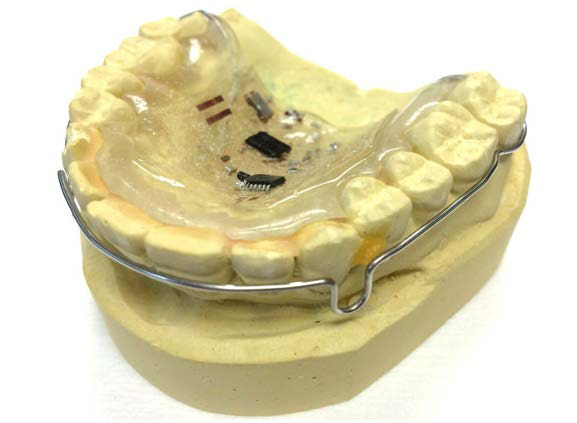Biomedical
Wireless, Implantable, Artificial Taste System
Treatment of impaired gustatory function
The sense of taste or gustation is affected by many factors, these include age, disease and substances. For individuals with impaired gustation or taste dysfunction on or all taste (sweet, salty, bitter, and sour and umami) can be affected. Impaired gustation can cause loss of appetite, due to the lack in taste for salt or sugar which can lead to unintended weight loss. Currently there are no devices available to the general public to aid patients with impaired gustation. The oral cavity contains many chemicals and chemical compounds that can be detected and quantified. This detection of compounds can help patient’s better monitor and manage things like sugar or salt for diabetes, hypertension and other metabolic diseases.
The technology
Researchers at Virginia Commonwealth University have developed an electronic device to detect and monitor concentrations of chemical (taste) molecules present in the oral cavity. The system consists of a removable electronic device that is placed in the oral cavity. The device is ultrathin, flexible and stretchable, and can be integrated with a removable maxillary appliance for inserting into the mouth. Electrochemical sensors detect these chemicals and chemical concentrations. Sensor data is then relayed in real time onto a mobile device. The data is processed in real-time to provide the most accurate picture and trigger alerts set for/by the patient to monitor salt and sugar intake. The system includes: (1) sensor array, (2) processor, (3) transmitter, (4) receiver, and (5) electrode array. Currently designed to fit on an orthodontic retainer, it can be housed on other dental implants, such as artificial tooth or dentures. In addition to measuring sugar and salt for patients with diabetes and hypertension, it may be possible to modify the device for oral health assessment, medication administration and disease progression.

